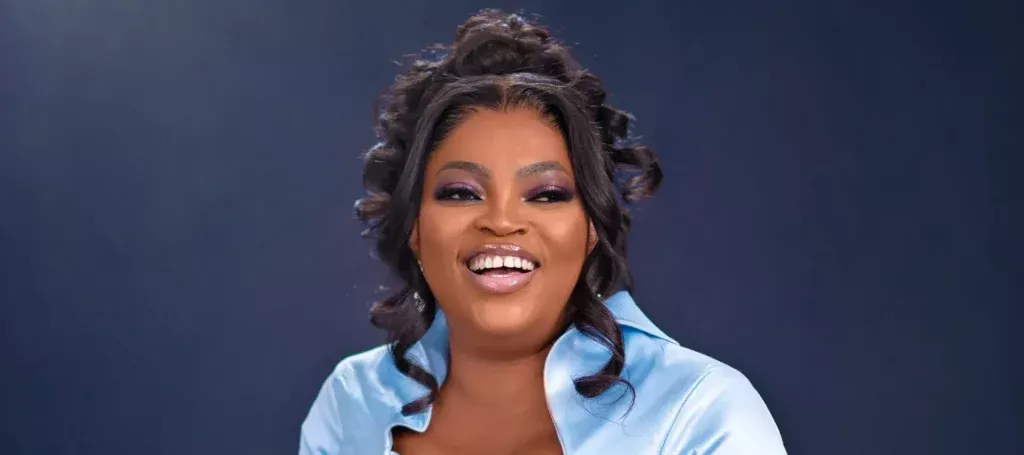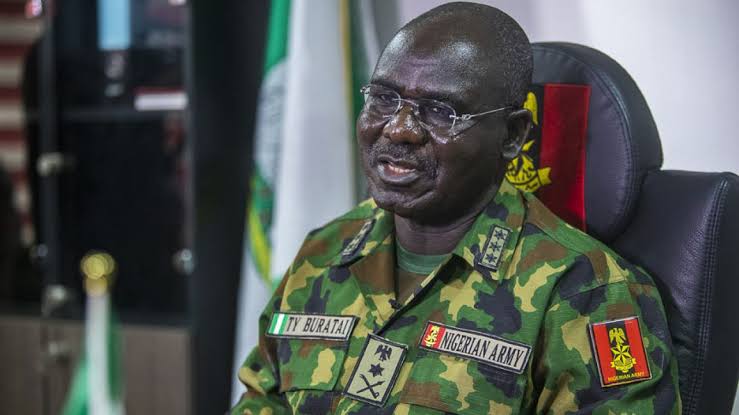Gaborone—When Karen Nakawala-Mayond experienced a persistent backache, she attributed it to her love for high heels. Similarly, when she began experiencing irregular bleeding between her periods, she believed it to be the onset of menopause. However, her gynaecologist insisted on screening her for cervical cancer, which led to a life-changing diagnosis.
Nakawala-Mayond’s test results came back positive, and she was overcome with thoughts of her own mortality and the possibility of leaving her children and loved ones behind. With the support of her family and close friends, she commenced treatment within three weeks, undergoing 25 sessions of chemotherapy over a span of seven weeks. Throughout this challenging period, Nakawala-Mayond continued her work as a radio show host, finding solace in engaging with her audience.
Motivated by her own experience, Nakawala-Mayond created a Facebook page to raise awareness about cervical cancer. Within just four weeks, the page amassed a following of approximately 130,000 women seeking information about prevention, screening, early detection, and treatment.
Cervical cancer poses a significant threat to women in sub-Saharan Africa, accounting for the highest number of cancer-related deaths in the region. However, this disease is preventable and curable if detected early. It is also one of the most prevalent cancers among women globally, particularly affecting those in low- and middle-income countries.
The World Health Organization (WHO) reports that approximately 70,000 cervical cancer deaths could be prevented annually if urgent measures are taken to enhance access to critical services, such as timely detection, care, and prevention. To address this issue, the WHO launched a global call to action in 2018, aiming to eliminate cervical cancer. In August 2020, the Global Strategy for Cervical Cancer Elimination was adopted at the World Health Assembly, setting forth the 90-70-90 targets to be achieved by 2030.
The 90-70-90 targets outline that by 2030, 90% of girls should receive the HPV vaccine by age 15, 70% of women should be screened for cervical cancer with a high-performance test by age 35 and then again by age 45, and 90% of women with cervical disease should receive appropriate treatment.
In preparation for the 73rd WHO AFRO Regional Committee session in August 2023, a conference called “Uniting for Cervical Cancer Elimination” was co-hosted by the Bill & Melinda Gates Foundation and the Graça Machel Trust. The conference brought together over 30 cervical cancer survivors, activists, and caregivers from various African countries, as well as Ireland and the U.S. The participants shared their experiences, knowledge, and proposed solutions to the unique challenges faced by African women in regard to cervical cancer. They also had the opportunity to visit a cervical clinic in Princess Marina Hospital, where local women undergo screening and treatment.
During the conference, Nakawala-Mayond spoke on behalf of the survivors alongside WHO Director Matshidiso Moeti, educator and humanitarian Graca Machel, and Botswana’s First Lady Neo Masisi. She highlighted the challenges faced by women in the fight against cervical cancer and emphasized the need for equitable distribution and access to cervical cancer-related healthcare services throughout Africa. Nakawala-Mayond emphasized that saving lives and eliminating cervical cancer requires a united effort.
After the conference, AllAfrica’s Nontobeko Mlambo interviewed Nakawala-Mayond to discuss her personal journey with cervical cancer, the challenges she faced, and the creation of the TEAL Sisters Foundation—an organization she established after completing her treatment.
When asked why she decided to start the organization, Nakawala-Mayond explained that she noticed a lack of cervical cancer advocates in her country, despite the presence of advocates for breast cancer. Recognizing the information gap and the stigma surrounding cervical cancer, she decided to focus on raising awareness and demand for screening services, not only for cervical cancer but for all gynaecological cancers, including breast cancer.
Nakawala-Mayond recounted her own diagnosis in June 2019, after her gynaecologist insisted on conducting a routine screening. Her initial lack of information about cervical cancer and the subsequent diagnosis left her feeling scared and unsure of how to break the news to her loved ones. However, she was fortunate to begin treatment within three weeks, which consisted of 25 radiation sessions, 5 chemotherapy sessions, and 4 cycles of brachytherapy.
Throughout her treatment, Nakawala-Mayond experienced various side effects but found strength in her work as a radio show host, which allowed her to temporarily forget about her condition. Following her treatment, she decided to create the Facebook page to raise awareness. Its success exceeded her expectations, with over 130,000 women actively seeking information about cervical cancer within four weeks.
The TEAL Sisters Foundation offers emotional, spiritual, psychosocial, and financial support to cervical cancer-positive individuals, survivors, and caregivers. The foundation provides peer-to-peer counselling, organizes support groups, and offers treatment support through buddy systems. One of the key challenges they face is the stigma surrounding cervical cancer, deeply rooted in cultural norms. To combat this stigma, the foundation utilizes the power of personal stories and survivor-led initiatives to change community attitudes. They conduct outreach programs, employ community-based volunteers, and collaborate with drama groups and corporations to spread their message.
The TEAL Sisters Foundation primarily operates in Zambia, and Nakawala-Mayond emphasized the need for political will and support from community leaders to effectively combat cervical cancer. She urged governments to prioritize cancer care by equipping hospitals with appropriate services and trained personnel. She also stressed the importance of implementing comprehensive National Cancer Control Plans and ensuring access to HPV vaccines for eligible girls between the ages of 9 and 14.
Reflecting on her journey, Nakawala-Mayond expressed pride in establishing Teal Sisters Lesotho and being part of creating information, education, and communication materials for cervical cancer. She encouraged women to prioritize their health through lifestyle changes and regular screenings. Additionally, she called for an end to stigmatization surrounding cancer, emphasizing that the disease does not discriminate, and urged communities to support survivors and equip them to advocate for change.
Governments across Africa must take decisive action to intensify the fight against cervical cancer. By prioritizing cancer care, investing in necessary infrastructure and resources, and implementing comprehensive strategies, African nations can significantly reduce the burden of this disease. Together, with a united front, we can eliminate cervical cancer and save lives.



